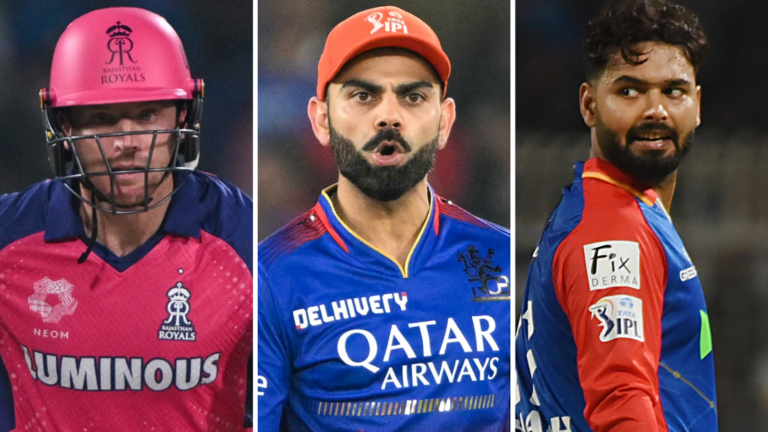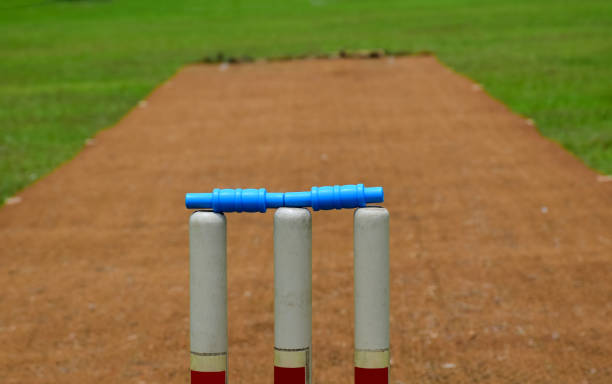Managing Player Workload in the IPL
11xplay pro, 24 betting login india, skyinplay live login:How to Effectively Manage Player Workload in the IPL
The Indian Premier League (IPL) is one of the most popular and competitive T20 cricket leagues in the world. With high-intensity matches, packed schedules, and intense travel requirements, managing player workload in the IPL is crucial to ensure player performance and overall team success. In this blog post, we will explore some strategies and best practices for managing player workload in the IPL.
Understanding Player Workload
Player workload refers to the physical and mental demands placed on cricketers during the IPL season. Factors that contribute to player workload include the number of matches played, travel requirements, training sessions, recovery time, and specific roles within the team. Managing player workload is essential to prevent injuries, fatigue, and burnout, which can impact player performance and team dynamics.
Balancing Rest and Recovery
One of the key strategies for managing player workload in the IPL is to balance rest and recovery. With a packed schedule of matches, travel, and training sessions, players need adequate time to rest and recuperate. Rest days, recovery sessions, and proper sleep are essential to ensure that players are physically and mentally prepared for each match. Team management should monitor player fatigue levels and adjust training schedules accordingly to prevent burnout.
Rotation Policy
Another effective strategy for managing player workload is to implement a rotation policy. By rotating players in and out of the playing XI, team management can ensure that players get enough rest and recovery time throughout the season. This strategy also allows younger or less experienced players to gain valuable match experience and contribute to the team’s success. A well-planned rotation policy can prevent injuries, maintain team morale, and improve overall performance.
Fitness and Conditioning
Fitness and conditioning play a vital role in managing player workload in the IPL. Players need to be in peak physical condition to handle the demands of T20 cricket, including explosive batting, fast bowling, and agile fielding. Team physiotherapists, trainers, and coaches work together to develop personalized fitness programs for each player, focusing on strength, endurance, flexibility, and injury prevention. Regular fitness assessments and monitoring help identify areas of improvement and track progress throughout the season.
Smart Scheduling
Another aspect of managing player workload in the IPL is smart scheduling. With multiple matches in a week and frequent travel between venues, team management needs to plan the schedule carefully to minimize player fatigue and optimize performance. Rest days, travel arrangements, training sessions, and match preparation should be coordinated to ensure that players have enough time to recover between matches. Additionally, team management should consider factors like weather conditions, pitch conditions, and player workload when scheduling matches to maximize performance.
Sports Psychology
In addition to physical fitness, mental health and sports psychology are crucial for managing player workload in the IPL. High-pressure situations, intense competition, and public scrutiny can affect players’ mental well-being and performance. Sports psychologists work with players to develop mental resilience, focus, confidence, and motivation, helping them cope with stress, setbacks, and expectations. Mental skills training, visualization techniques, and relaxation exercises can improve player performance and overall team dynamics.
FAQs
Q: How do injuries impact player workload in the IPL?
A: Injuries can significantly impact player workload in the IPL, leading to extended periods of rest, rehabilitation, and decreased performance. Prevention, early intervention, and proper management of injuries are essential to minimize their impact on player workload and team success.
Q: How do team dynamics affect player workload in the IPL?
A: Team dynamics play a crucial role in managing player workload in the IPL. Positive team culture, communication, leadership, and support systems can enhance player performance, motivation, and overall well-being. Team chemistry, unity, and camaraderie contribute to a healthy and productive working environment for players.
Q: What role does technology play in managing player workload in the IPL?
A: Technology plays a significant role in managing player workload in the IPL, with tools and devices like GPS trackers, fitness apps, video analytics, and performance monitoring systems providing valuable data and insights. Data-driven decision-making, injury prevention, workload management, and performance optimization are facilitated by technology, enhancing player development and team success.
In conclusion, managing player workload in the IPL requires a holistic approach that prioritizes physical fitness, mental health, team dynamics, and performance optimization. By implementing strategies like balancing rest and recovery, rotation policy, fitness and conditioning, smart scheduling, and sports psychology, team management can ensure that players are prepared, motivated, and resilient throughout the season. Effective workload management not only enhances player performance and team success but also promotes a sustainable and healthy sporting environment for all stakeholders.







